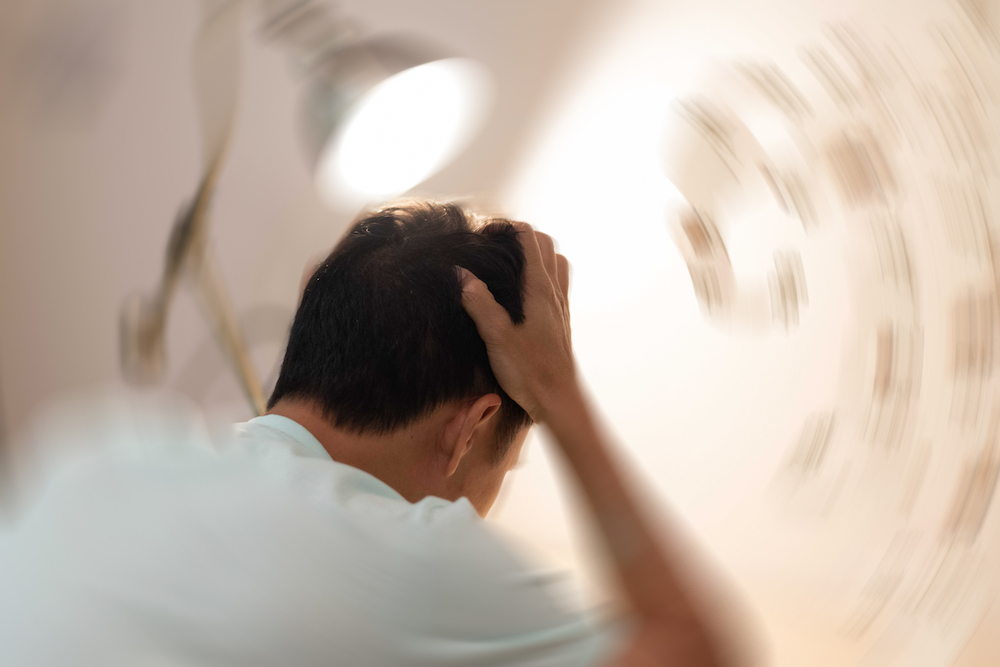
Last month, Hong Kong singer Jacky Cheung collapsed on stage during a concert, which was later linked to Meniere’s Disease, which causes dizzy spells, commonly known as vertigo. Cheung was playing at Kuala Lumpur’s Axiata Arena when he collapsed. The lesser-known condition is an inner ear issue that can occur at any age. It was named after Prosper Meniere, a French physician who discovered the illness in 1861. The condition is considered serious since it might hit unexpectedly.
What is the cause of Meniere’s disease?
The unusual condition is caused by a buildup of fluid in the inner ear, known as labyrinthitis, according to the US government’s National Institute of Deafness and Other Communication Disorders. It houses the balance and hearing organs.
According to the institute, fluid buildup in the labyrinth interferes with proper balance and hearing impulses between the inner ear and the brain in Meniere’s disease.
Symptoms of Meniere’s disease
According to the Cleveland Clinic, the illness causes vertigo, a condition that causes people to feel as if the world is spinning around them even when they are standing still.
Meniere’s disease also affects hearing, generating symptoms such as tinnitus, which can progress to hearing loss. Some individuals may experience anxiety as a result of their vertigo and depression as a result of their hearing loss.
The disease is considered rare
People between the ages of 40 and 60 are most commonly affected. According to the Cleveland Clinic, approximately 7-10% of people have a family history of this disorder.
The disease is considered rare since about 615,000 people in the US (of more than 330 million) have the disorder.
